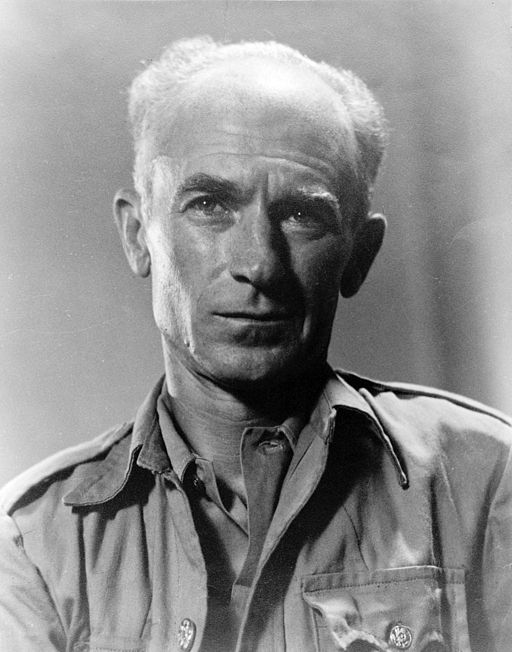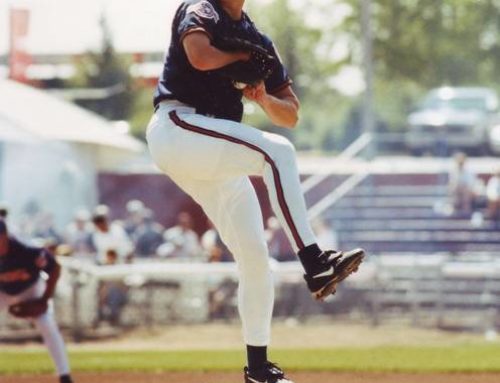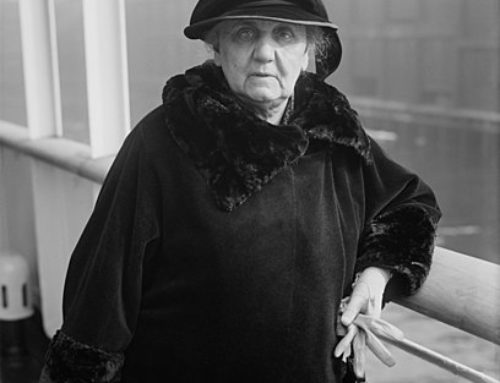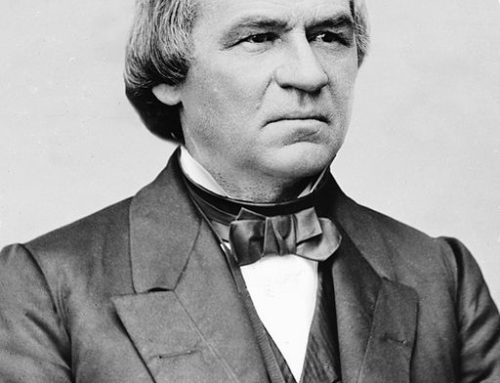Ernest Pyle was the best-known, most beloved correspondent during World War II. My mother who was a journalist named me after him. She and Ernie were working journalists in Chicago in the 1930’s. Like so many of the doughboys he had written about, Ernie was killed by Japanese machine-gun fire on April 18.1945.
Ernie, a slight, graying, timid newspaperman devoted his war correspondence to the triumphs, trials, and tribulations of the ordinary soldier. His focus on the mundane, the ordinary men and women, and their zealous efforts to perform sometimes routine, sometimes monotonous, and sometimes outstanding feats made him beloved by both the enlisted men and the American readers.
In reading about the lives of many famous men, I am always somewhat surprised that many of them are loners, shy, or suffer from an inferiority complex. Ernie was haunted by a life obsession, “I suffer agony in anticipation of meeting people for fear they won’t like me. “ No man could have been less justified in such a fear. Word of Pyle’s death started tears in the eyes of millions, from the White House to the poorest dwellings in the country.
Ernie’s inspiration to become a war journalist was inspired by Kirke Simpson’s news story on the burial of the Unknown Soldier in Arlington Cemetery. In 1940 when England was fighting for its survival, a voice came to Ernie saying, “go.”
He got people at home to understand that life at the front was frequently dull, interspersed by incredible intensity. He never made war look glamorous. He hated it and feared it. Nevertheless, he had a compulsion to sacrifice along with the millions of soldiers who were his comrades. Everybody from the lowest combat troop to the Generals called out to him “ H’ya Ernie,” when he passed them. He returned to his last tour of duty because “ I’ve got to—and I hate it.” “The men are depending on me, so I will have to try and stick it out for a long time.”
President Truman said after learning of his death “ More than any other man, he became the spokesman of the ordinary American in arms doing so many extraordinary things. It was his genius that the mass and power of our military and naval forces never obscured the men who made them. He wrote about a people in arms as people still, but a people moving in a determination, which did not need pretensions as part of power. All Americans understand now how wisely, how warm heartedly, how honestly he served his country and his profession.”
General George C. Marshall, Army Chief of Staff said: Ernie Pyle belonged to the millions of soldiers he made his friends. He did not glorify war, but he did glorify the nobility, the simplicity and heroism of the American fighting man.” “His reporting was always constructive. He was a humble man and in his humility lay his greatness.”




